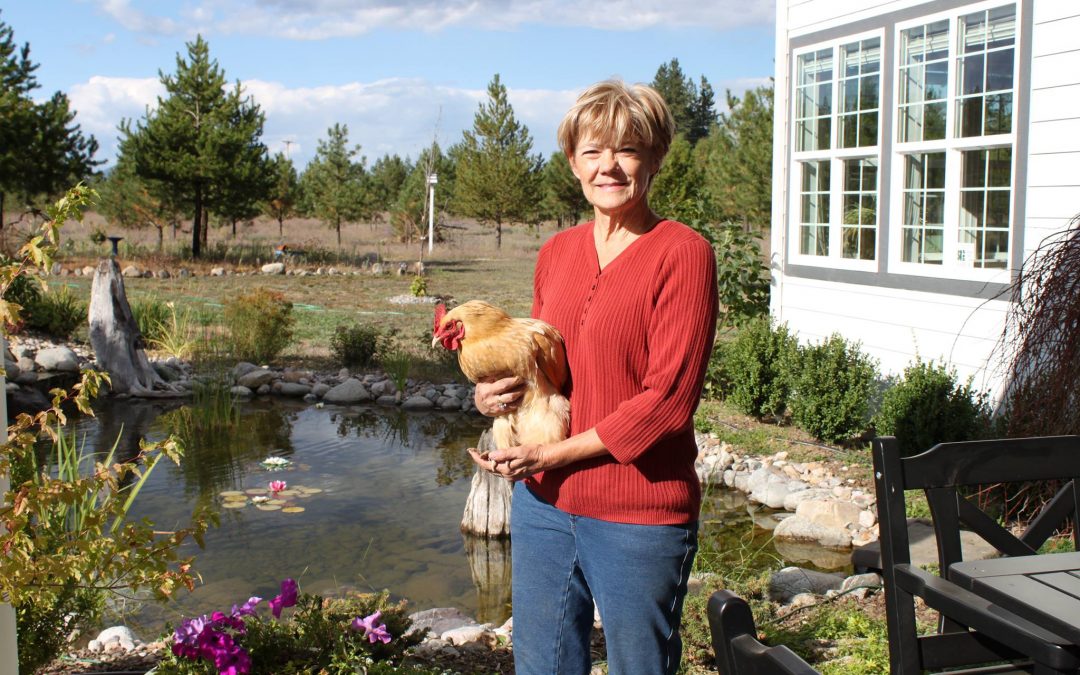While I was visiting a friend’s farm the other day, a local man stopped by to purchase some eggs. As he opened the carton to check for any breakage, a puzzled look came over his face. “Yes”, my friend said, “some are blue-green because of the type of chickens we raise”. “No, it’s not that” he explained “these eggs are CLEAN. Usually, the eggs I purchase from farmers are soiled.”
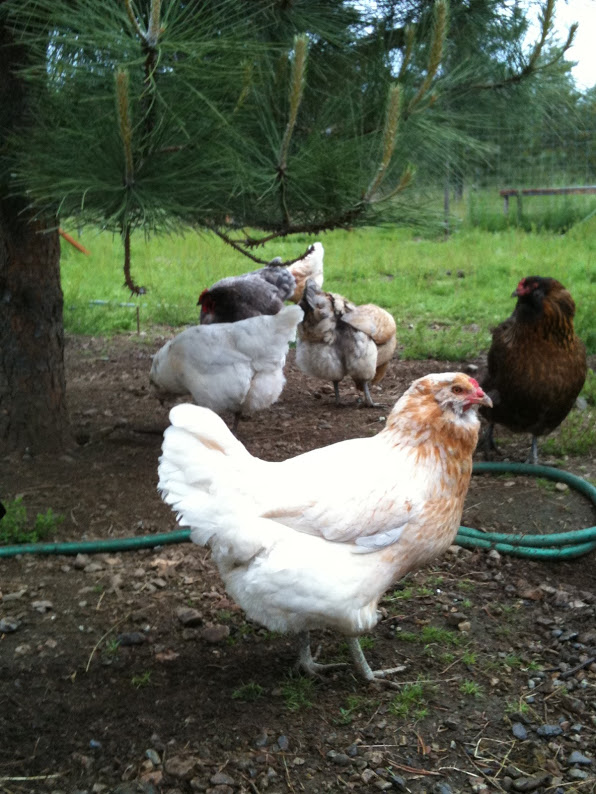
I began raising chickens about 4 years ago and as I was doing my research on the best ways to care for them, I found that a fairly heated debate existed over how and WHEN to clean the eggs.
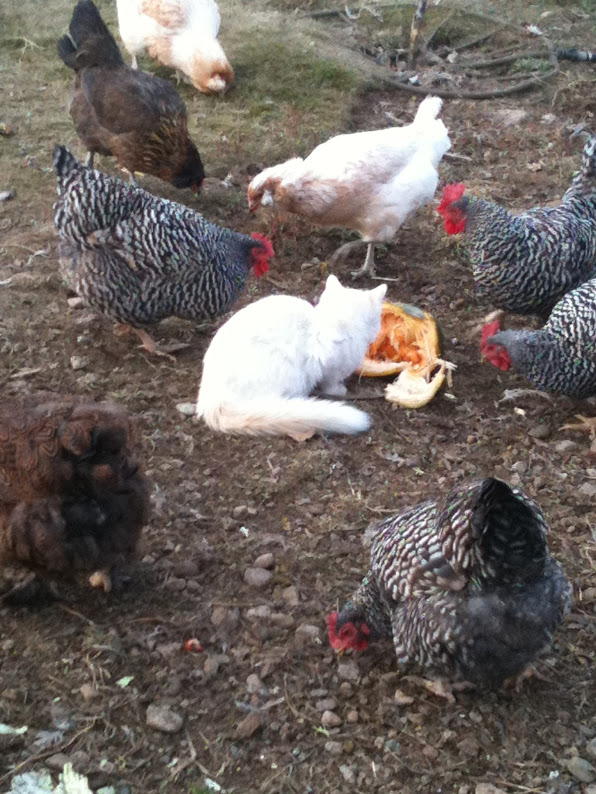
There are basically two theories as to how eggs should be cleaned: dry-cleaning or wet cleaning.
This debate seems to stem from the fact that when a chicken lays an egg, it is covered by a protective coating called “the bloom”. The bloom helps to keep bacteria out of the egg and it is best to leave it as intact as possible. However, it is not always possible to grab the egg just as it is being laid by the hen and is still in pristine condition. Many times, by the time that the egg is gathered, it is soiled because hens tend to leave their droppings whenever and where ever they feel. There also may be times when a hen steps on and breaks an egg, leaving yolk to contaminate other eggs that might be in the same nesting box.
To minimize the need to clean eggs aggressively, there are a few things that can be done.
First, make sure that the nesting boxes are well-feathered with clean pine shavings or straw. The thickness will help prevent the eggs from being broken as the hen is moving around in the box. Also be sure that there are enough nesting boxes for the size of your flock in order to prevent over-crowding.
Eggs should be gathered early and often – at least two times per day. Be sure that eggs do not sit in the nesting boxes overnight as hens will sometimes roost on the edge of the box during the night and soil the eggs.
Clean out any messes in the nesting boxes as quickly as possible, whether it be excrement or the remains of a broken egg. Dried egg yolk is extremely hard to remove from an egg and leaving broken eggs in the nest and might also encourage the hens to want to eat the eggs.
If you choose to use the “dry cleaning” method, use a sanding sponge (the kind that has the green fibrous material on it) or a piece loofah sponge or even a bit of sandpaper. The dry cleaning method is said to disturb the bloom less than washing would. When using this method, make sure that you sanitize your cleaning sponge often by soaking it in a solution of bleach and water and then drying.
If your eggs are too dirty though, you will have to use the wet cleaning method. Never immerse the eggs completely. They should be cleaned under running water which is warm (warmer than the egg temperature, not hot, nor tepid) and definitely NOT cold. Cold water is said to expand the pores of the egg thus letting bacteria inside the shell.
If you have a large flock of chickens that are good layers, you may want to wash the eggs in a wire basket or a washer flat. When using this method, the eggs are sprayed with warm water, left to sit for a few moments and then individually wiped clean with a paper towel. Some people recommend following this with a spray of sanitizing solution and then allowing the eggs to dry.
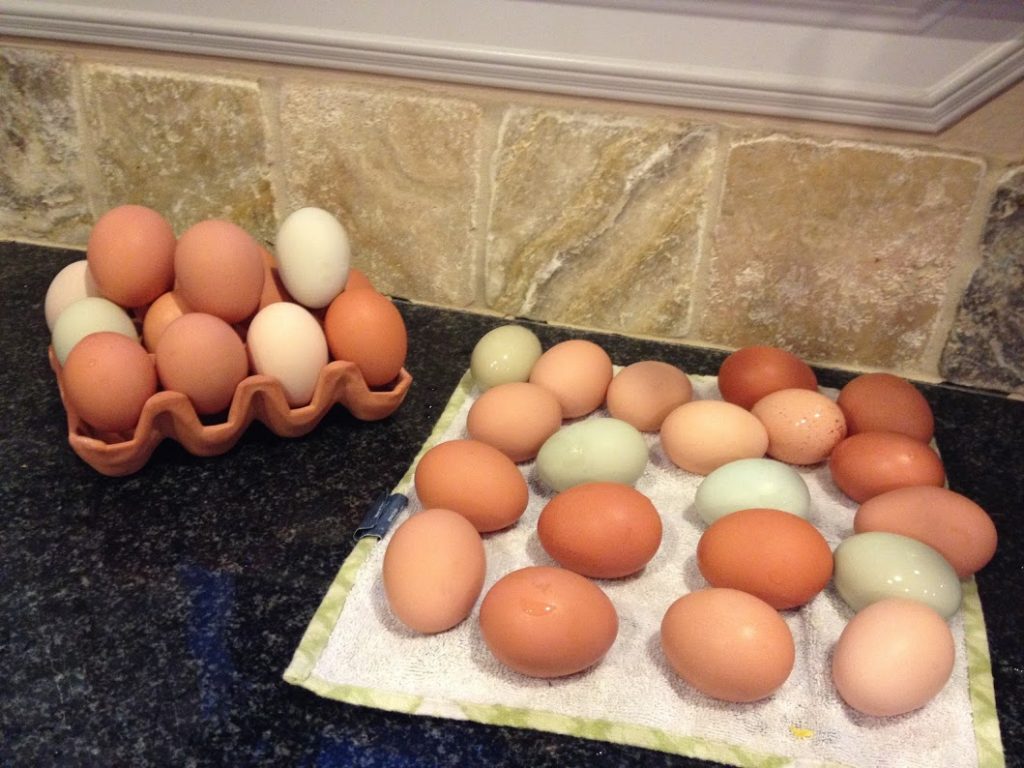
I choose to use the wet cleaning method and to wash them immediately after gathering simply because I feel there is less chance of cross-contamination with other foods. I use water only, no detergent or bleach. (Bleach has been shown to cause stomach ulcers.) Remember that the surfaces where the eggs were washed should be cleaned thoroughly, as well.
Some people leave the eggs unwashed until just before they use them. Either way, the eggs can then be stored in the refrigerator after gathering for up to 1 month. Eggs may also be stored in a cool dark area but they do not last as long that way.
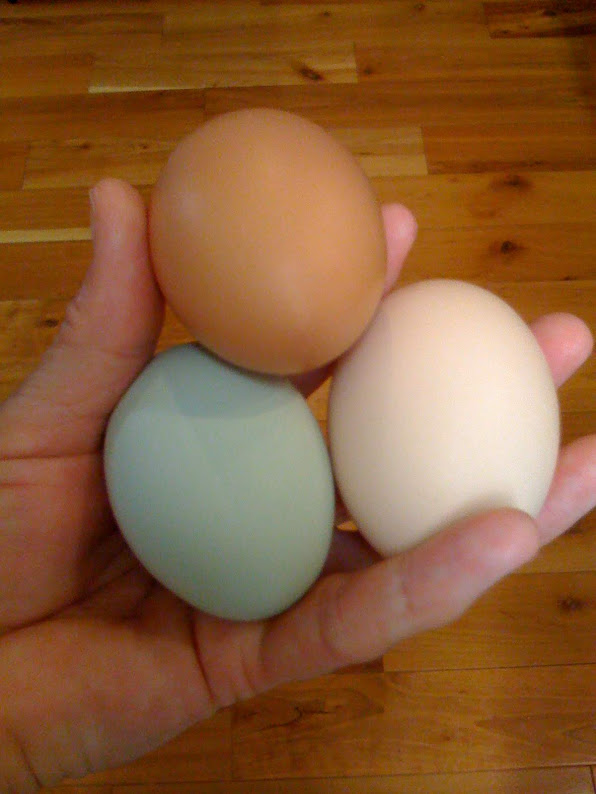
To determine if an egg is edible or not, set it in a bowl of water. If it floats, it is no longer edible and should be placed in the compost bin.
LEARN TO LOVE YOUR LIFE AGAIN
 Do you feel like you need to hit the REFRESH button on your life? Download our free guide and begin to create your best life yet!
Do you feel like you need to hit the REFRESH button on your life? Download our free guide and begin to create your best life yet!

